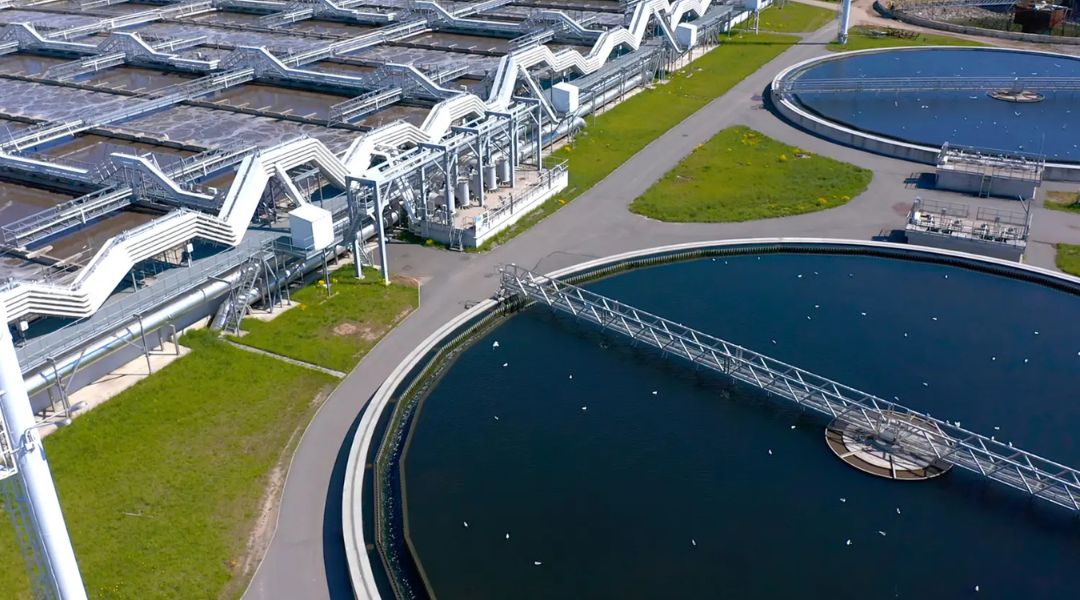
Can Decentralised Water Systems Fix Ageing Infrastructure?
Climate change, rapid urbanisation, and ageing infrastructure are putting unprecedented pressure on global water systems. Traditional centralised models—such as large dams and treatment plants—are proving inadequate for today’s complex challenges.
In the United States, for instance, the American Society of Civil Engineers recently rated the country’s drinking water infrastructure a “C–” and wastewater systems a “D+”, underscoring years of underfunding and decline.
To ensure a more sustainable and resilient future, experts—including Navkaran Singh Bagga, Founder & CEO of AKVO—are advocating for a shift towards decentralised water management systems. These systems are flexible, locally driven, and better equipped to serve modern communities. By reducing reliance on ageing infrastructure, decentralised solutions can deliver smarter, more sustainable water management.
But infrastructure alone isn’t enough. Success also depends on policy innovation and public involvement. Governments must move from rigid, top-down models to more adaptive, inclusive regulations that empower local solutions. At the same time, citizens must play an active role—whether by tracking their own water use or participating in local water boards—to build accountability and resilience at the community level.
As Navkaran Singh Bagga emphasizes, embracing decentralisation is not just a choice—it’s a necessity. By combining innovation with community action, we can protect and secure water resources for generations to come.
Read the full article here.
